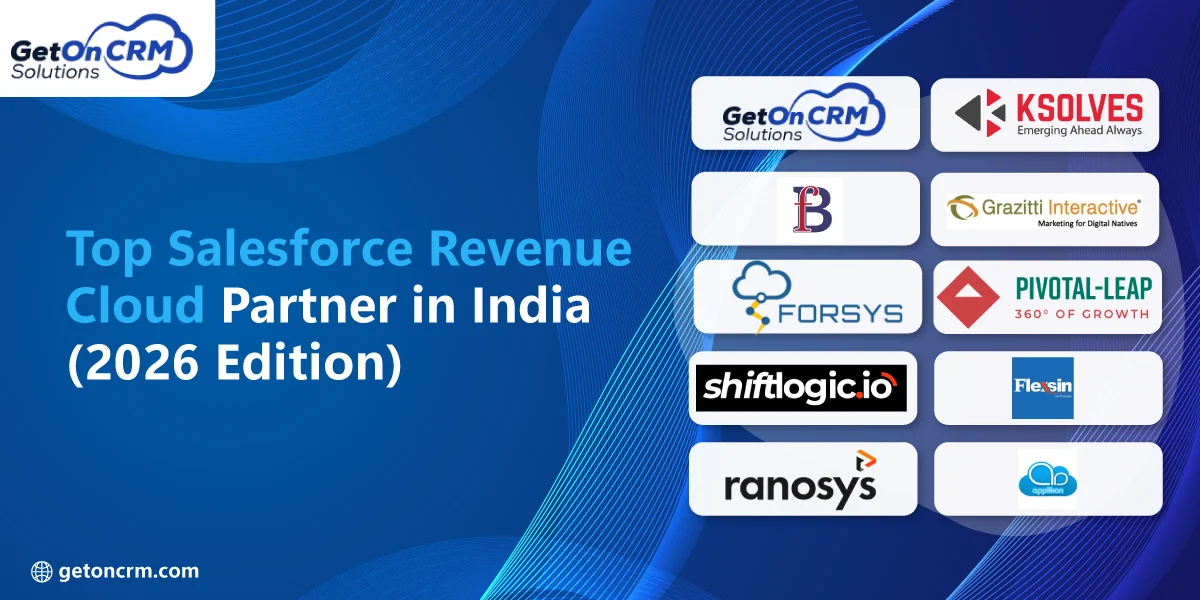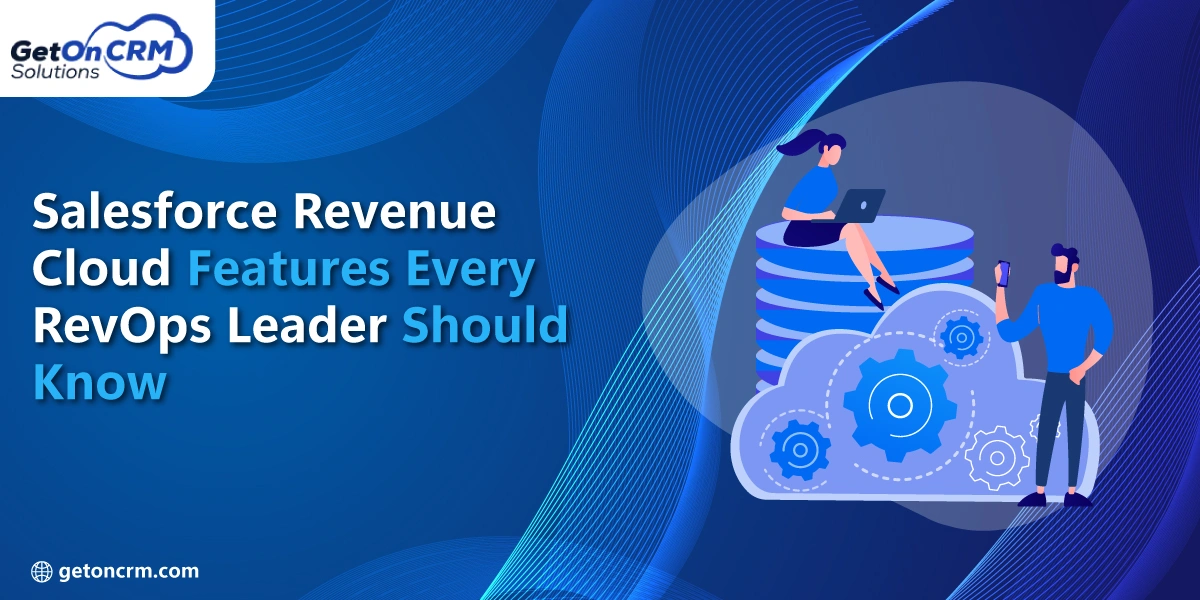Predictive analytics has emerged as a critical marketing asset, enabling brands to anticipate trends, target audiences precisely, and stay ahead in competitive landscapes. Salesforce Einstein amplifies this by integrating artificial intelligence directly into the marketing process, creating a seamless flow of actionable, data-driven insights that improve engagement, streamline campaigns, and enhance customer satisfaction.
With Salesforce Einstein, marketers access advanced predictive analytics tools, from Einstein Prediction Builder to Einstein Discovery, which analyze large datasets in real-time. These tools empower marketing teams to proactively address customer needs, automate personalization, and fine-tune strategies based on insights, ultimately creating a comprehensive AI-powered marketing experience.
Understanding Predictive Analytics in Marketing
Predictive analytics harnesses data, statistical algorithms, and machine learning to identify the likelihood of future outcomes based on historical data. In marketing, predictive analytics provides insights into customer behavior, allowing brands to forecast trends and design strategies that meet anticipated needs. This approach shifts marketing from a reactive to a proactive discipline, giving companies a competitive edge by acting on insights before customers make decisions.
Marketing-Specific Benefits
Predictive analytics addresses several core areas in marketing:
- Customer Segmentation: By analyzing demographic, behavioral, and transactional data, predictive models allow marketers to divide their customer base into well-defined segments, which can be targeted with personalized messages. This segmented approach increases engagement, as each group receives tailored content that resonates with their preferences.
- Enhanced Engagement: Predictive analytics also helps marketers understand when and how to engage customers. For instance, Salesforce Einstein’s tools can analyze engagement data to recommend the optimal time and channel for customer outreach, boosting the relevance and impact of campaigns. As a result, brands can better capture customer interest and sustain higher conversion rates.
Predictive analytics turns data into actionable insights, helping brands anticipate customer needs and make timely, informed decisions that enhance the effectiveness of their campaigns.
Why Choose Salesforce Einstein for Predictive Analytics
Salesforce Einstein brings the power of AI directly to marketing by analyzing historical and real-time data, offering predictions, recommendations, and insights that would otherwise require extensive manual effort. Its robust suite includes Einstein Prediction Builder, Einstein Discovery, and Einstein Vision, each designed to make predictive analytics accessible to non-technical marketers, allowing them to leverage AI insights seamlessly within their workflows.
Core Features for Marketers
- Einstein Prediction Builder: This tool uses machine learning to predict customer behavior and outcomes, such as purchase likelihood or churn risk. By anticipating these factors, marketing teams can proactively engage at-risk customers with targeted retention offers or encourage likely buyers with personalized recommendations. This proactive approach leads to higher customer satisfaction and more successful campaigns.
- Einstein Discovery: With Einstein Discovery, marketers can delve into data-driven recommendations to optimize their strategies. It offers insights such as the most effective messaging for different customer segments, ideal timing for campaign outreach, and suggestions to refine marketing assets based on engagement data. These recommendations enable brands to act on evidence-based insights rather than intuition, enhancing campaign effectiveness and ROI.
- Einstein Vision and Bots: For brands with visual marketing strategies or high customer interaction needs, Einstein Vision allows image recognition to analyze visuals for relevance and effectiveness. Meanwhile, Einstein Bots handles customer queries through AI-driven responses, providing a seamless user experience that supports brand loyalty and frees up marketing resources for strategic work.
By integrating these features, Salesforce Einstein provides marketers with a comprehensive toolset for predictive analytics, streamlining operations, and ensuring each decision is data-backed. That enables marketing teams to anticipate customer actions, optimize engagement, and meet strategic goals through a data-centric approach.
Critical Applications of Salesforce Einstein in Marketing
Predictive Lead Scoring
Einstein’s Predictive Lead Scoring uses AI to analyze historical customer data, scoring each lead based on the likelihood of conversion. This capability empowers marketing and sales teams to prioritize high-potential leads, thereby increasing efficiency and focusing efforts on the most promising prospects. With insights from Einstein, marketers can refine their messaging to resonate more effectively with each high-value segment, improving the chances of a successful conversion.
Customer Churn Prediction
Retaining existing customers is critical to brand longevity and profitability. Salesforce Einstein’s churn prediction identifies customers at risk of leaving by analyzing behavioral patterns, engagement metrics, and feedback. Marketing teams can then create targeted campaigns to re-engage these at-risk customers through loyalty rewards, personalized outreach, or tailored content. Proactively addressing customer churn ensures sustained revenue and higher long-term customer satisfaction.
Demand Forecasting
Demand forecasting is essential for managing inventory, resources, and marketing activities efficiently. Einstein’s predictive capabilities analyze seasonal trends, customer purchasing patterns, and external market conditions to forecast demand accurately. This insight not only helps brands avoid stockouts but also aligns marketing campaigns with demand peaks, ensuring optimal engagement and product availability when customers need it most.
Personalized Marketing Campaigns
Salesforce Einstein enables marketers to fine-tune personalization through data-driven recommendations on timing, channel, and content. By analyzing past engagement data, Einstein predicts the best times to reach each customer and the types of content that will be most appealing. This approach boosts engagement rates, as customers receive messages relevant to their preferences and delivered at moments they are most likely to interact.
These applications underscore how Einstein transforms traditional marketing tasks, using predictive insights to automate and optimize efforts across the customer journey. Einstein’s predictive analytics empower marketing teams to act strategically and responsively, enhancing both customer satisfaction and business outcomes.
Automation-Driven Marketing with Salesforce Einstein
Salesforce Einstein amplifies the power of predictive analytics by automating insights, allowing marketing teams to make data-driven decisions without the heavy lifting. By automating the analysis process, Einstein delivers recommendations in real time, enabling marketers to pivot strategies quickly based on up-to-date insights. This automation saves time and allows teams to focus on strategy and creativity rather than manual data analysis.
Connection to Business Automation
Einstein’s predictive insights and automation capabilities resonate well beyond marketing, connecting to broader business automation efforts. For example, integrating Einstein with other Salesforce clouds, such as Salesforce Sales Cloud or Salesforce Service Cloud, creates a cohesive, automated workflow that aligns marketing, sales, and customer service. It means that data generated in marketing can feed directly into customer service initiatives or sales strategies, ensuring consistent, cross-functional support.
Using Predictive Insights for End-to-End Business Automation
Predictive insights from Salesforce Einstein extend beyond marketing, offering strategic advantages across all facets of business operations. Einstein’s AI-driven predictive analytics helps organizations create a unified strategy where marketing insights also inform sales forecasting, inventory planning, and customer service initiatives. For example, accurate demand forecasting aids not only in resource planning for marketing but also supports supply chain management by ensuring inventory aligns with predicted sales patterns.
Steps to Implement Predictive Analytics with Salesforce Einstein
Successful implementation begins with clear, measurable goals. Whether improving lead conversion, optimizing customer retention, or increasing marketing ROI, defining objectives ensures that predictive analytics efforts remain aligned with business goals. Key metrics, such as engagement rates, customer lifetime value, or conversion rates, provide the benchmarks necessary to evaluate progress and refine strategies. This objective-driven approach forms the foundation for setting up Salesforce Einstein in a way that aligns with your business needs.
Enable Einstein Analytics and Custom Dashboards
Once objectives are in place, enabling Einstein Analytics within Salesforce provides marketers with a suite of tools to visualize data, generate insights, and track performance in real time. Custom dashboards can be configured to display key metrics, allowing teams to assess the impact of predictive insights across customer segments and campaigns. These dashboards make complex data more accessible and actionable, helping marketers quickly adapt strategies based on real-time analytics.
Data Integration for Comprehensive Analysis
Integrating relevant data sources, including CRM records, market data, and sales figures, is crucial for accurate predictions. Salesforce Einstein’s effectiveness relies on diverse, high-quality data that reflects customer interactions across multiple channels. Ensuring data integrity through processes like deduplication, standardization, and regular updates further strengthens predictive model accuracy. This comprehensive data approach fosters holistic, precise analytics, helping teams make well-informed, cross-functional decisions.
Continuous Optimization
Predictive analytics is an evolving process. Regularly reviewing and refining predictive models based on new data helps maintain accuracy and relevance. This iterative approach ensures that Einstein’s insights remain aligned with changing customer behaviors, seasonal trends, and market conditions. Teams can use feedback loops and performance metrics to adjust model parameters, continuously enhancing the effectiveness of predictive analytics efforts.
Bringing It All Together
Salesforce Einstein’s predictive analytics redefines marketing by shifting brands from reactive to proactive strategies based on AI-driven insights. With tools like Prediction Builder, Discovery, and Vision, marketers can forecast trends, personalize customer engagement, and optimize campaigns for better ROI. This approach seamlessly supports broader automation goals, enhancing workflow efficiency and data-backed decision-making across departments.
Focusing on high-impact use cases, ensuring data quality, and fostering a data-driven culture maximize Einstein’s benefits. As predictive analytics evolves, Einstein equips businesses to adapt to changing customer behavior and anticipate future demands. Integrating Einstein into marketing strategies enhances engagement and retention while establishing a scalable framework for growth in a data-driven world.
Frequently Asked Questions on Predictive Analytics in Marketing with Salesforce Einstein AI
What is predictive analytics in marketing with Salesforce Einstein?
It’s using machine learning and historical data to forecast customer behaviors—like churn, purchases, or trends—so marketers can act proactively rather than reactively.
Which Einstein tools are used for predictive analytics?
Tools like Einstein Prediction Builder, Einstein Discovery, and Einstein Vision are used to analyze customer data, predict outcomes, and build visual/AI-driven insights.
How can marketers improve engagement using predictive analytics?
By identifying ideal timing, preferred channels, and content types for different segments. This leads to more relevant messaging and better conversion rates.
What use cases does predictive analytics support in marketing?
Some key use cases include lead scoring, demand forecasting, and churn prediction—helping focus resources on the most promising opportunities.





















